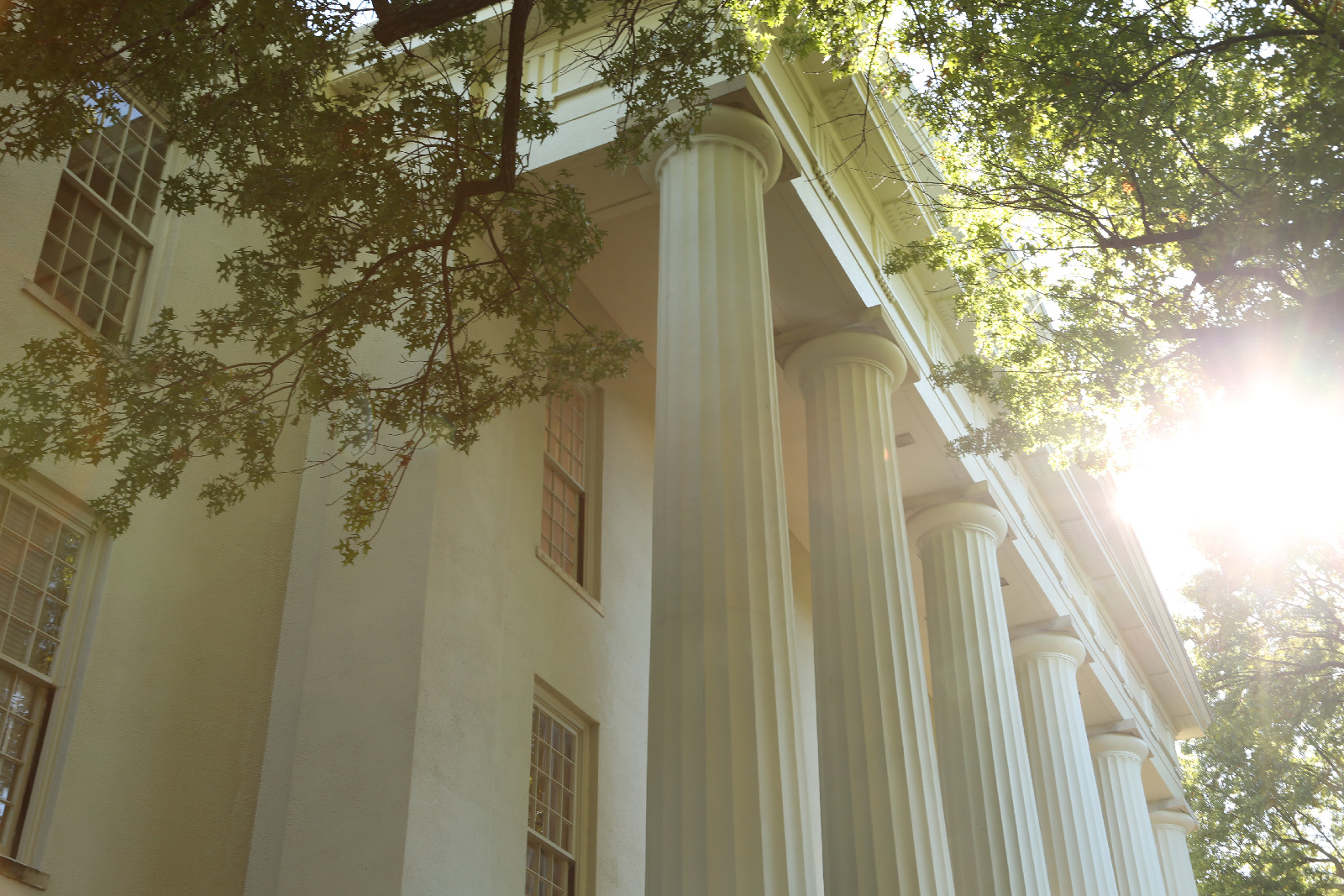Transylvania recognizes area first responders at annual luncheon
LEXINGTON, Ky.— Transylvania University recognized local first responders today as part of an ongoing effort to foster a safe campus by strengthening community partnerships. Transy’s Campus Emergency Response Team’s annual luncheon was a chance for the Transylvania community to meet with public safety officials, express their gratitude and discuss initiatives that mutually benefit the campus and Lexington community. “We hope this event will help to further develop Transylvania’s professional working relationship with local emergency personnel in preparedness for any event,” said Gregg Muravchick, Transylvania’s director of public safety. This past year the university collaborated with local agencies for a wide range of activities—from the recent investiture ceremony of a federal judge on campus to participating in the Special Olympics to offering self-defense classes presented by UK’s S.T.A.R.R. program. Community partners attending today’s event included the Lexington Police and Fire departments, Fayette County Sheriff’s Office, University of Kentucky Police Department and the FBI. “As a group, we like to review any incidents that have occurred during the past year, not only as a debriefing, but as a learning opportunity,” Muravchick said. “We also explore the community issues our Transylvania public safety officers need to be aware of so we can provide a safer campus environment and offer assistance to the larger community.” In addition to strengthening ties with the surrounding community, officers in Transylvania’s Department of Public Safety (DPS) regularly attend emergency and professional training, receive medical assistance certification and have implemented an
Read “Transylvania recognizes area first responders at annual luncheon”




